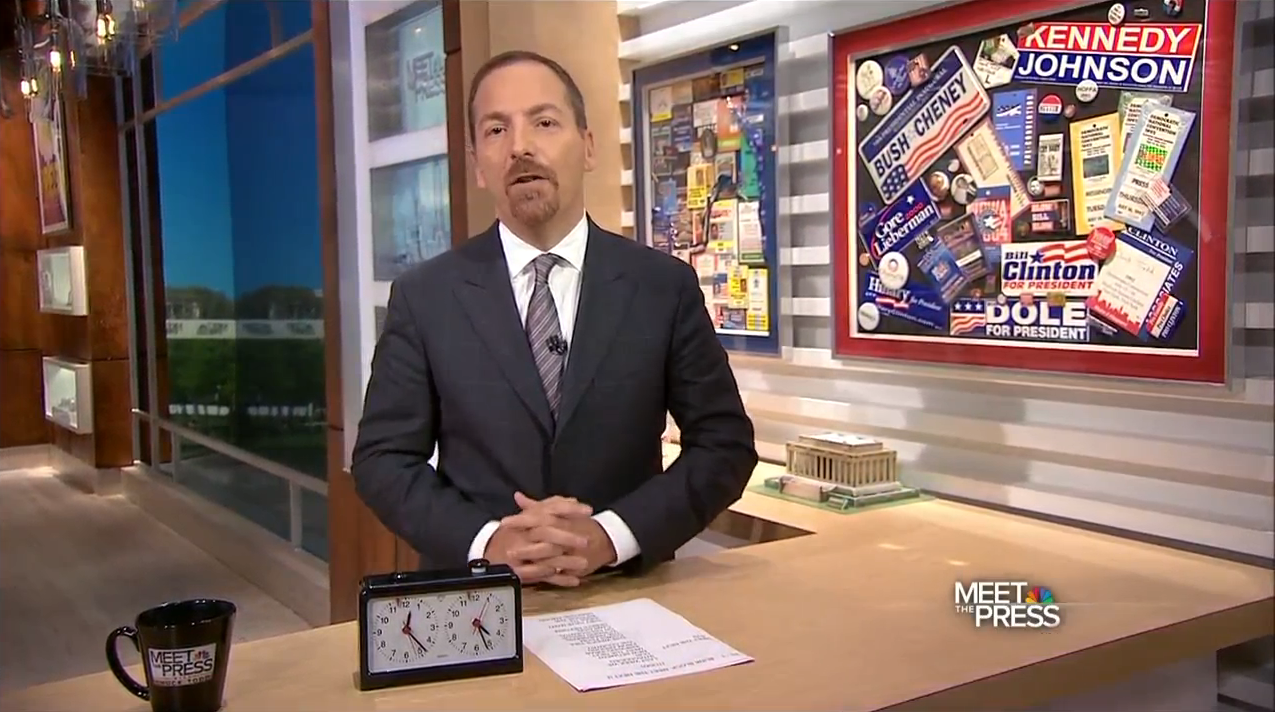A new bipartisan Annenberg Public Policy Center report that proposes a serious overhaul of the 2016 general-election presidential debates to improve their quality, reach and relevance in the age of social media and an increasingly diverse electorate has drawn widespread media coverage.
“Democratizing the Debates,” a report of the Annenberg Working Group on Presidential Campaign Debate Reform, was covered in legacy media such as the New York Times and the Washington Post as well as digital outlets including Buzzfeed, Politico, and Slate. Its proposals received support in editorials and columns in the Chicago Tribune, Washington Post and New York Times, among others, and more critical assessments on Bloomberg View and other outlets.
The New York Times’ Francis X. Clines wrote: “Imagine a presidential debate in which the two finalists have far more power to clash on the show, partisan audience claques are barred, social media are offered innovative roles, and a “chess clock” format allows a candidate to slap an interruption of an adversary’s point for instant rebuttal.” Ruth Marcus of the Washington Post commented: “The most intriguing of the Annenberg recommendations [is] to transform the debate structure — and, as an added benefit, reduce the role of moderators and associated complaints about whether they are biased or interject either too much or too little.”
Among the critics was Jonathan Bernstein, who wrote in Bloomberg View that while some of the suggestions seem sensible, “Others seem irrelevant (who cares whether there’s a live audience?) or pointless (no, it’s not possible to force candidates to address the topic or to prevent them from gaming the clock).” Following release of the report and pressure from groups seeking the entry of third-party candidates in the debates, Politico’s Daniel Lippman wrote: “The Commission on Presidential Debates is under siege by separate groups aiming to bust the commission’s long monopoly on how presidential debates are conducted and which candidates make the stage.”
The 16-member group, convened by Kathleen Hall Jamieson, director of the Annenberg Public Policy Center of the University of Pennsylvania, released its 48-page report in June 2015.
The report proposed increasing opportunities for direct candidate exchanges; enlarging the pool of potential moderators to include print journalists, retired judges, and university presidents; expanding the role of diverse media outlets; embracing social media; broadening the role of the public in submitting questions; and eliminating the on-site audience, except at the town hall debate. (For a fact sheet on the report, click here.)

Among the suggestions that triggered the most debate was a proposal to use a “chess clock” format for one debate the live audience. On “Meet the Press” on June 21, host Chuck Todd said: “This week’s new idea comes from the Annenberg Working Group on Presidential Campaign Debate Reform. This group of political operatives have many ideas that they would use to improve the debate process. Among them: A chess clock like this one. The idea is this: Instead of allowing a set time for each answer for candidates to give, instead they would get a total amount of time that they can use for the entire debate. So it would work like this. Let’s say you’re Ted Cruz and your position on health care reform is crystal clear, repeal every word of Obamacare. Done. You hit the clock. And then you have more time for other answers where you might want more nuance. The Annenberg folks had other suggestions. Eliminating most on-site audiences, embracing social media. But the chess clock was probably the most intriguing one and maybe the only one I really wanted to embrace.” (The transcript is here, with the segment at 40:40.)
Groups advocating for entry of third-party candidates into the debates said the report did not to far enough. Level the Playing Field President Cara Brown McCormick said, “The Annenberg report confirms that by a large majority, Americans want to open the debates for a healthier democracy. We commend this esteemed group for its recommendations on changes to debate format, but it’s just a shame that they did not deal with the most important format change of all – one that would allow for an independent candidate to participate in the fall debates.”
A majority of the Annenberg group backed the idea of initially easing, and then gradually raising, the polling threshold needed for a candidate to qualify for entry in a debate. The majority suggested that the criteria should require 10 percent support in polls in the first debate, 15 percent in the second, and 25 percent in the third.
News coverage and commentary includes:
Extreme Makeover: Debate Edition (The Pennsylvania Gazette)
Critics besiege presidential debate commission (Politico)
Op-ed: Presidential debates keep getting better (Richmond Times-Dispatch)
Checkmating the presidential debates (The New York Times)
The debate worth having over presidential debates (The Washington Post)
Fixing the general election debates (Washington Monthly)
Editorial: How to pump up the presidential debates (Chicago Tribune)
Time to change prez debates (Philadelphia Daily News).
Open up the presidential debates! (The Daily Beast)
Debates aren’t broken, so don’t fix them (Bloomberg View).
Rethinking the presidential debate (NPR’s “Weekend Edition”)
Group’s proposals would make debates more candidate, millennial-friendly (Politico)
Serious Proposal: Replace presidential debate moderators with a ‘chess clock’ (Slate)
Challenge flags? A chess clock? Group looks to improve debates (CNN)
Annenberg report reality checks the presidential debates (Adweek Magazine)
Editorial: U.S. needs better presidential debates (Richmond Times-Dispatch)
The Daily 202: Major changes proposed to presidential debates (Washington Post)
Bipartisan group urges overhaul of general election debates (The New York Times)
Former Obama and Romney advisers join up to make the presidential debates less terrible (Buzzfeed)
Presidential debates can be informative or popular. Pick one. (The Washington Post)
Bipartisan group wants big changes in presidential debates (McClatchy DC)
The 2016 presidential debates could become a slugfest (The Fiscal Times)
All is not well in the presidential debate business; political operatives seek changes (Crain’s Cleveland Business)
Debating how to fix debates (Civic Hall)
Bipartisan group pitches ‘chess clock’ style remodel of presidential debates (The Week)
The plan to revamp presidential debates for the Internet era (The Daily Dot)
Debates should return to college campuses (LI Herald.com)
Bipartisan panel proposes bringing presidential debates into 21st century (IVN.com)
Nonpartisan group says presidential debate is rigged, illegal (IVN.com)
Yet another proposal to “fix” the presidential debates (Hot Air)


